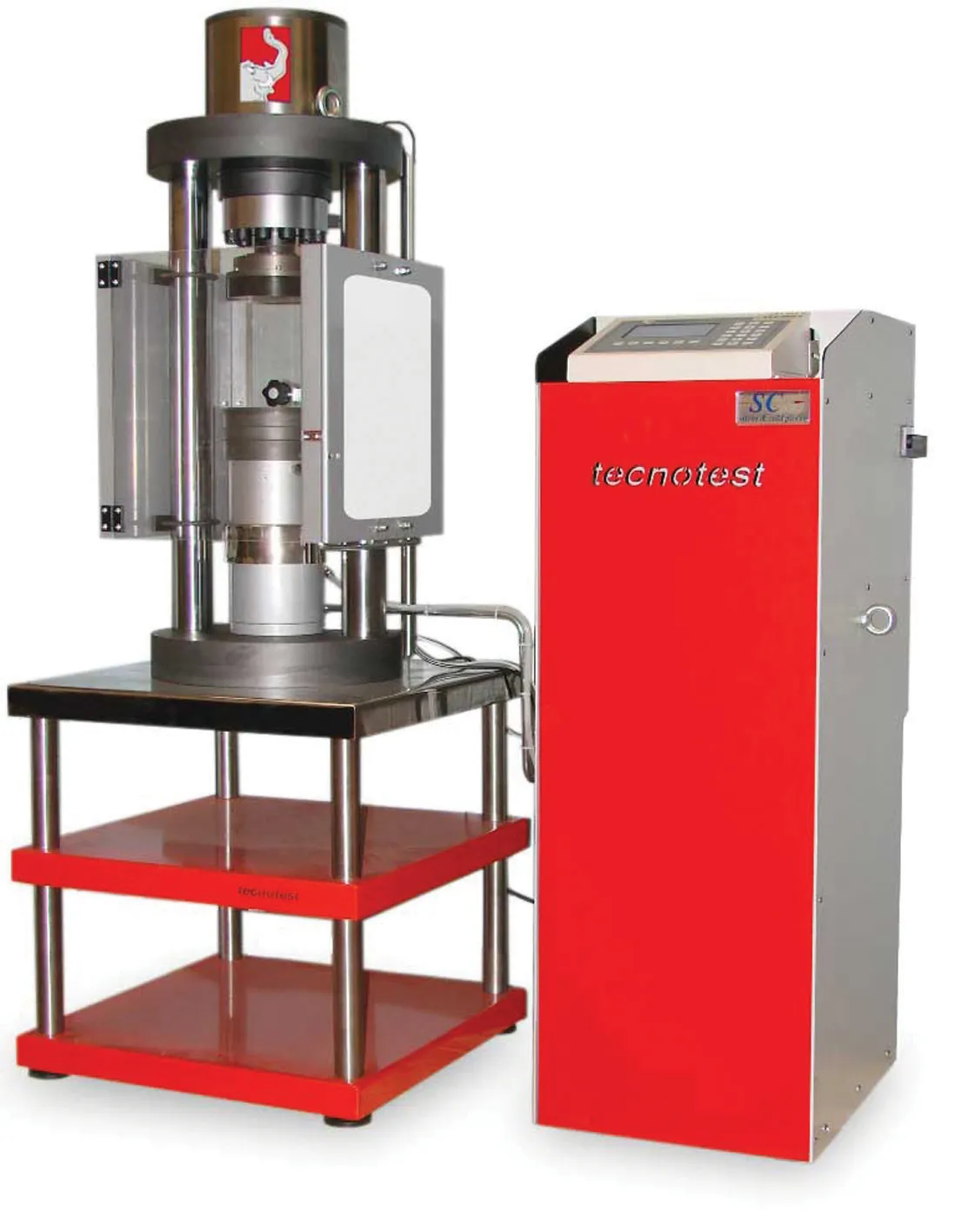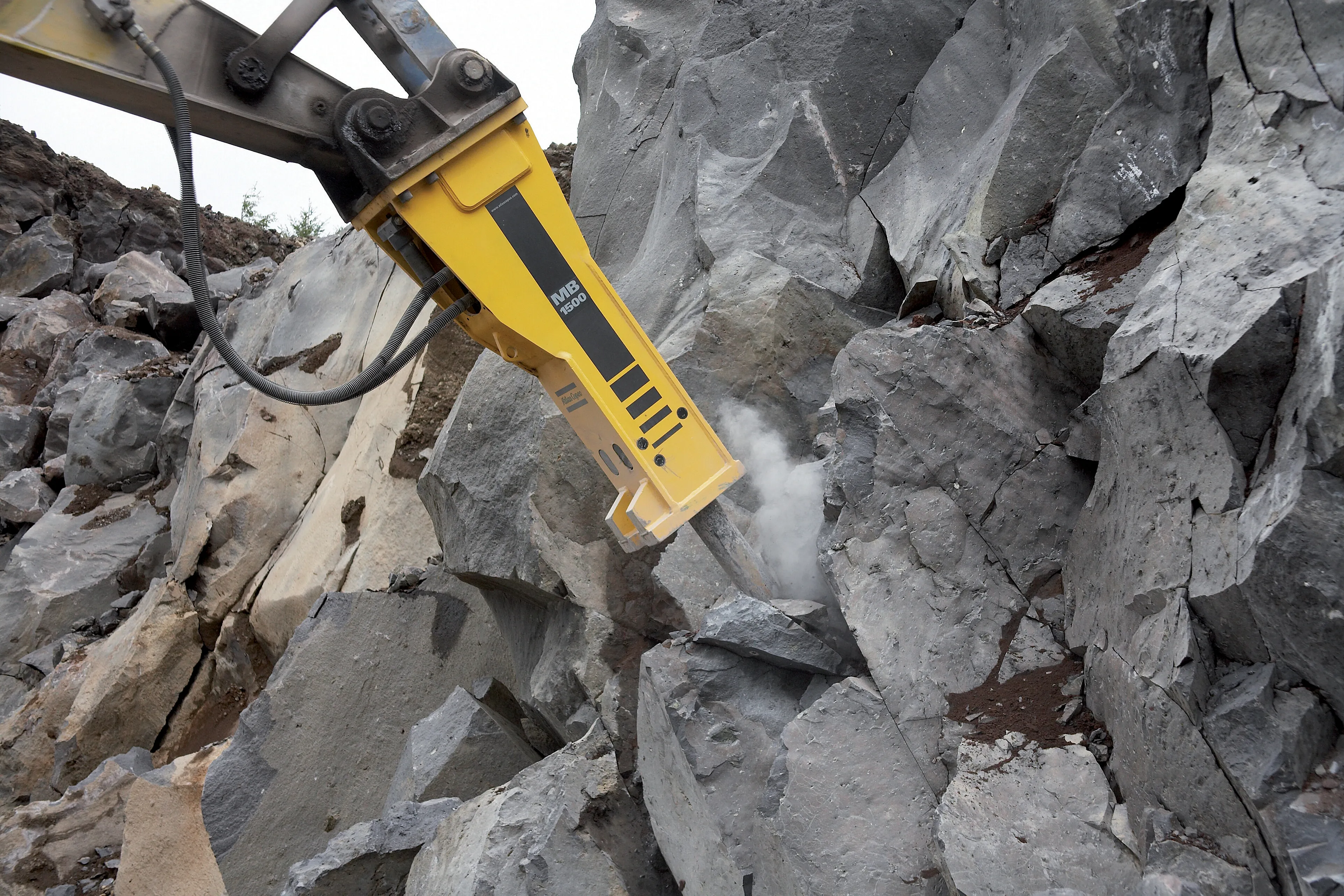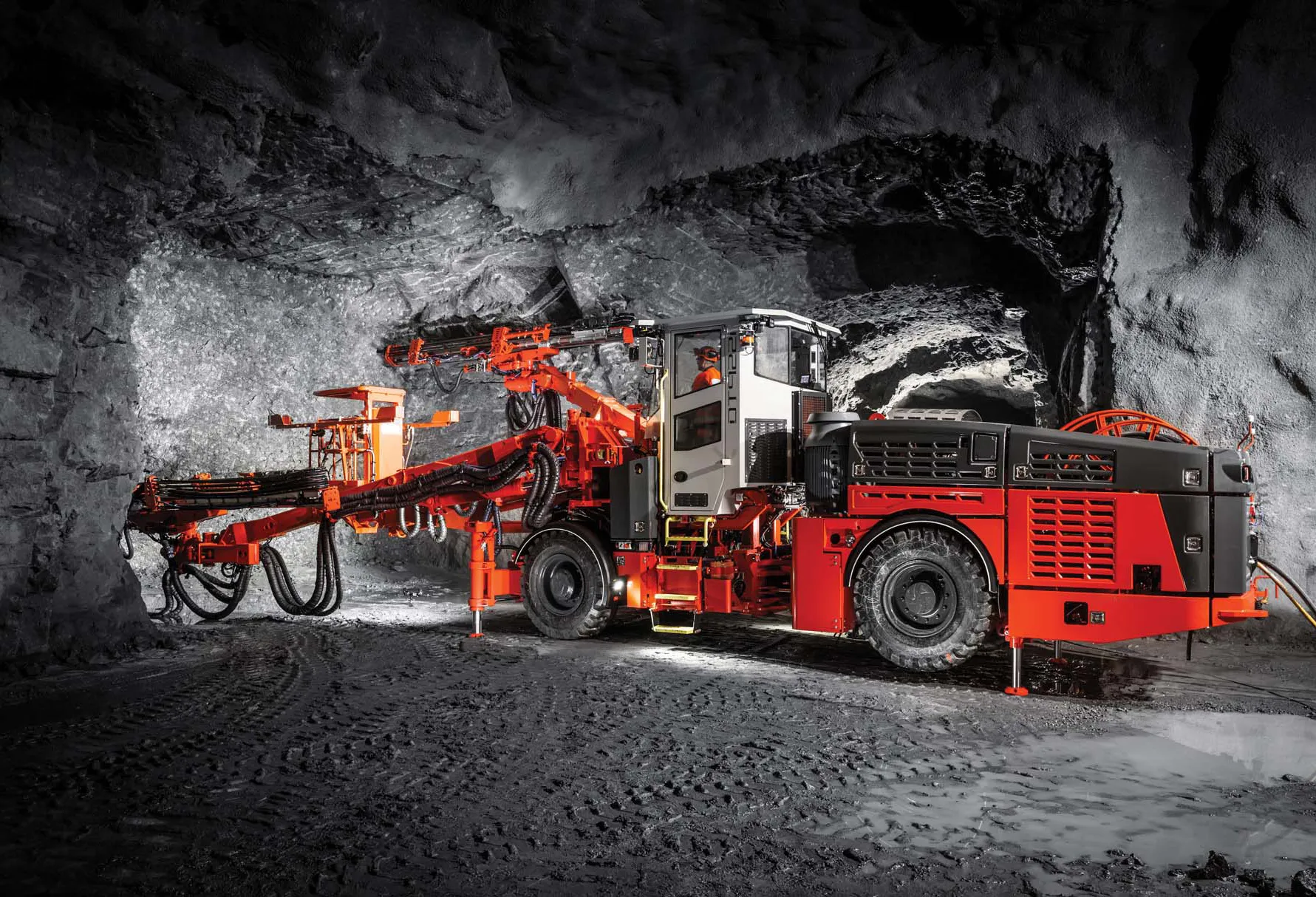In determining the mechanical strength of cement, the European Standard EN 196 prescribes both compressive and flexural tests, so when Italian company Tecnotest designed its current generation of cement testing machines, the aim was to obtain highly accurate results over the full scale despite the wide range involved by implementing a dual scale in a single test bay, using load cells as dynamometers.
February 27, 2012
Read time: 3 mins

In determining the mechanical strength of cement, the European Standard EN 196 prescribes both compressive and flexural tests, so when Italian company 1417 Tecnotest designed its current generation of cement testing machines, the aim was to obtain highly accurate results over the full scale despite the wide range involved by implementing a dual scale in a single test bay, using load cells as dynamometers.
The idea put forward was simple. While placing the small load cell above the upper crossbeam on the machine and the large cell underneath (and keeping the play in the coupling to within the limits of the maximum deformation foreseen for the small cell), the large cell (as the load is increased) will come to lean on the crossbeam, thus eliminating any further strain to the small cell.
"Initial experiments showed that the system worked in an excellent manner provided that special care was taken with certain small details involving machine tooling and assembly," says Tecnotest.
"Hydraulic control was another issue which had to be addressed so as to avoid the incongruence presented when high accuracy is needed over a wide but fluctuating field of measurement."
Fine tuning of hydraulic flow is obtained by using servo-valves, "which are expensive so it only makes sense to use them where their qualities are fully exploited". Proportional valves, on the other hand, are less expensive but "are inevitably rougher".
The company's previous experience using both these valves demonstrated that a solution involving a compromise in terms of cost effectiveness and high performance had to be found elsewhere.
"Considering that almost static testing of stiff materials requires minimal deformation and equally minimal hydraulic flow, graduated according to the discrimination of the dynamometer used, two distinct solutions were deemed to be promising."
These involve producing at origin the rate of amount of flow strictly necessary at any given moment or to obtain differing rates of flow considering variable delivery on input associated with a small but constant leakage.
"Both techniques were found to be valid, each one offering advantages so both were adopted to enable us to build machines that can be put to a variety of uses but which all fall within the same class of accuracy."
The result was the invention of the company's own controlled flow drainage valve, designed and patented by Tecnotest for its Silent and Cold Power hydraulic power units.
"Both technologies fulfill expectations as well as offering the advantage of energy efficiency and consequential reduction in energy consumption and absence of overheating," says Tecnotest.
"With these new machines the operator selects what type of test to carry out and the automatic mechanisms take care of the rest. Controls and measurements are based on the lower scale dynamometer as far as possible and then, as necessary, are based on the higher scale dynamometer automatically.
"As well as testing cement samples, it is also possible to test similar materials such as plaster, adhesives for ceramic tiles, insulating and refractory mortar, stabilised soil as well as different materials such as natural stone."
The idea put forward was simple. While placing the small load cell above the upper crossbeam on the machine and the large cell underneath (and keeping the play in the coupling to within the limits of the maximum deformation foreseen for the small cell), the large cell (as the load is increased) will come to lean on the crossbeam, thus eliminating any further strain to the small cell.
"Initial experiments showed that the system worked in an excellent manner provided that special care was taken with certain small details involving machine tooling and assembly," says Tecnotest.
"Hydraulic control was another issue which had to be addressed so as to avoid the incongruence presented when high accuracy is needed over a wide but fluctuating field of measurement."
Fine tuning of hydraulic flow is obtained by using servo-valves, "which are expensive so it only makes sense to use them where their qualities are fully exploited". Proportional valves, on the other hand, are less expensive but "are inevitably rougher".
The company's previous experience using both these valves demonstrated that a solution involving a compromise in terms of cost effectiveness and high performance had to be found elsewhere.
"Considering that almost static testing of stiff materials requires minimal deformation and equally minimal hydraulic flow, graduated according to the discrimination of the dynamometer used, two distinct solutions were deemed to be promising."
These involve producing at origin the rate of amount of flow strictly necessary at any given moment or to obtain differing rates of flow considering variable delivery on input associated with a small but constant leakage.
"Both techniques were found to be valid, each one offering advantages so both were adopted to enable us to build machines that can be put to a variety of uses but which all fall within the same class of accuracy."
The result was the invention of the company's own controlled flow drainage valve, designed and patented by Tecnotest for its Silent and Cold Power hydraulic power units.
"Both technologies fulfill expectations as well as offering the advantage of energy efficiency and consequential reduction in energy consumption and absence of overheating," says Tecnotest.
"With these new machines the operator selects what type of test to carry out and the automatic mechanisms take care of the rest. Controls and measurements are based on the lower scale dynamometer as far as possible and then, as necessary, are based on the higher scale dynamometer automatically.
"As well as testing cement samples, it is also possible to test similar materials such as plaster, adhesives for ceramic tiles, insulating and refractory mortar, stabilised soil as well as different materials such as natural stone."









